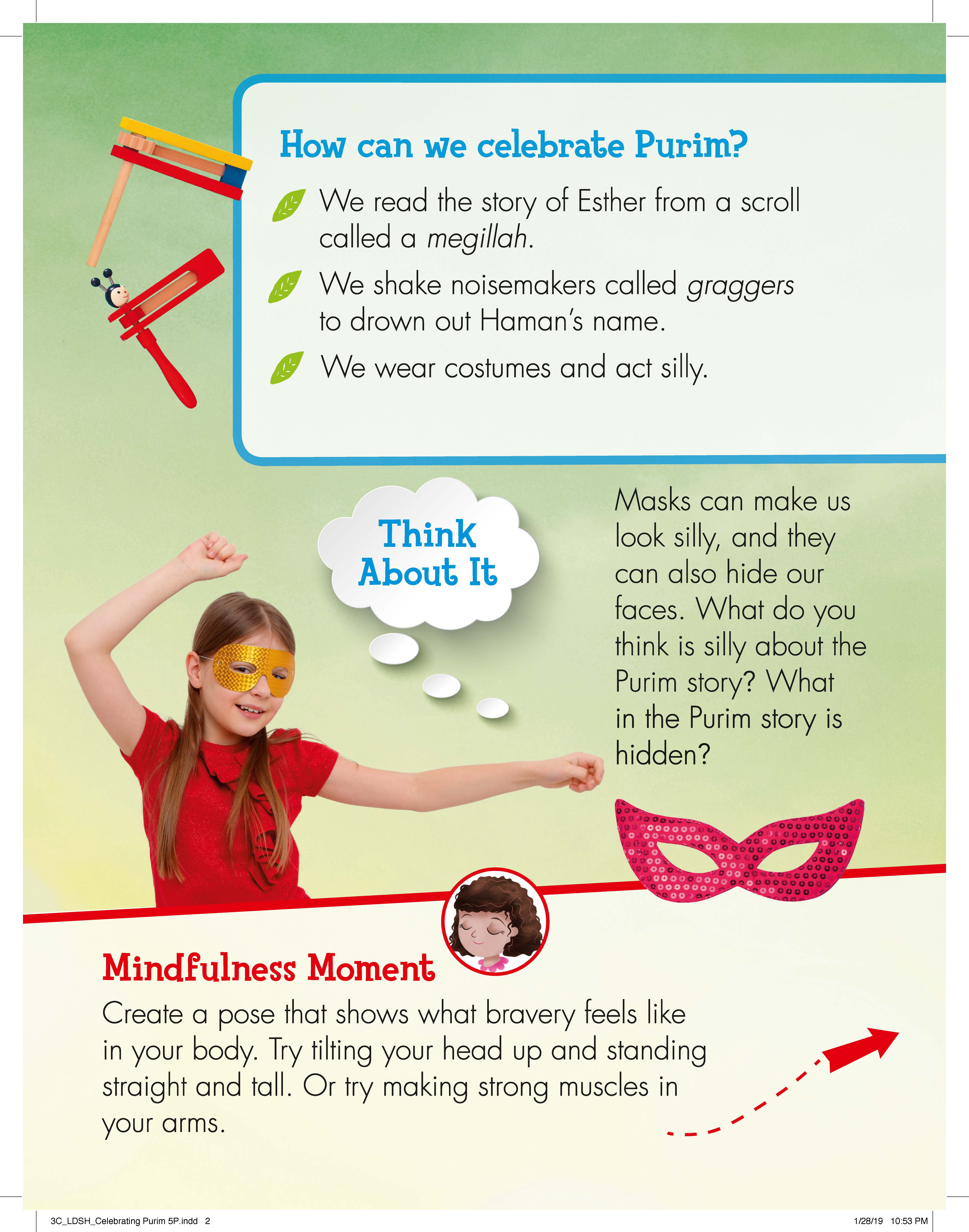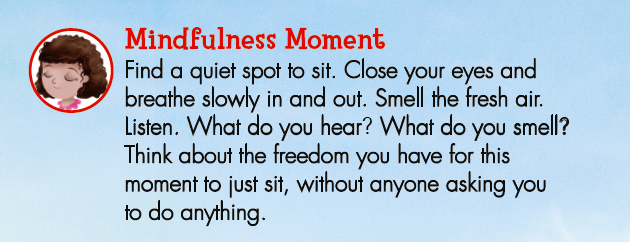Monthly Archives: February 2019
-
27 FebRead more »
You've been asking and we've heard you. On April 1, we're released a new and improved version of Let's Discover the Holidays for both Fall and Spring. With the addition of updated images, engaging new questions, and opportunities for mindful reflection, the series looks brighter, fresher, and more child-friendly.
If you are in the Golem Express program, Let's Discover the Holidays will be coming to your door automatically in April. If you aren't a Golem Express member yet, sign up here and we'll get you all caught up for 2019.
Enjoy this sneak peek at the revised holiday favorite with this free mindfulness exercise, perfect for your Passover instruction.
-
20 FebRead more »
What changes do you want to bring to your setting?
How will you know whether your staff has the skills to actually do things differently?
How will you help them identify and develop the new skills they might need?
At the ARJE Gathering last month in Washington, D.C. over two dozen educators gathered to consider how rubrics can help us implement change in our settings, and to begin the process of creating together a rubric of skills for teaching and learning in the Jewish educational space.
If we want to teach differently, we need to make sure we and our staff have a way to identify, articulate, and then develop the new skills that will help everyone grow professionally and become reflective practitioners.
At a workshop led by Kim Bodemer, Senior Director of Education and Youth Engagement, and Vicki Weber, Partner at Behrman House, participants worked in pairs and small groups to articulate the specific
-
20 FebRead more »
Recent measles outbreaks serve as reminders that each of us can help fight this highly contagious disease. Judah Maccabee Goes to the Doctor is a way to help young children understand that they can protect themselves and others.
-
19 FebRead more »
February is Jewish Disability Awareness and Inclusion Month, and provides an opportunity to examine how your services and learning environments meet the needs of all your students.
In Everyone is Welcome, Steven Rau and Stacey Levy state that “families need to know that our congregations are safe places for all students, no matter their differences or special needs.” There are ways to adapt school communities, classrooms, and teaching methods to be more accessible and inclusive of all students, regardless of their physical, emotional, or intellectual challenges.
Here are some tips:
Make simple classroom accommodations – Arrange the room so all students can see the board and teacher. If you use pods or groupings around tables, make sure you have a plan for students to face you when speaking. U-shape
-
13 FebAdd some color to the holidays with these entertaining storybooks.Read more »
-
13 FebRead more »
Think visually, brainstorm, organize, and share ideas.
-
13 FebRead more »
Create a pose that shows what bravery feels like in your body.
Try tilting your head up and standing straight and tall.
Or try making strong muscles in your arms.
This is one activity to try from the freshly updated Let’s Discover the Holidays series of 4-page folders, designed for children in grades K-2. Invite students to make a circle and do the activity with brave poses. Encourage students to notice where in their bodies they feel brave. (in my muscles; in my heart; my brain; my arms and legs) Suggest they try another pose and see if their brave feeling changes too.
This kind of mindful moment, along with new movement and creative arts activities, thought questions, and crisp, descriptive text, bring the holidays to life. Below are some sample pages from the Celebrating Purim folder for you to try out with your students.

-
6 FebRead more »
We now have 285 modern Hebrew word cards available to download - free.
This collection of printable cards consists of functional Hebrew words and phrases for everday situations, including:
- • greetings
- • colors
- • numbers
- • sports
- • food
- • occupation
- • home
- • countries
The cards include a mix of verbs, nouns, pronouns and adjectives. Download them here, and be sure to print double-sided for use as flash cards, with Hebrew on one side and English on the other. They are also be available on our home page, under the Play & Learn section.
Benefits of use
Incorporating modern conversational Hebrew can be motivating
-
6 FebCelebrate Jewish holidays, heritage, and history with these winning storybooks from Apples & Honey Press.Read more »


